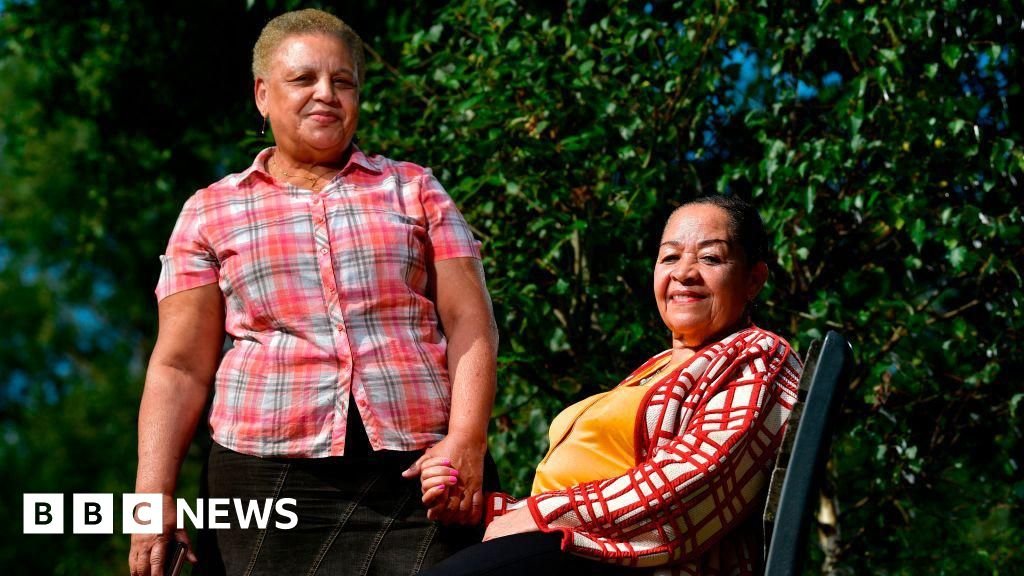In 2019, the Belgian government issued an official apology to the approximately 20,000 victims of forced family separation in the DR Congo, as well as in Burundi and Rwanda.
DR Congo was ruled by Belgium as a colony from 1908 to 1960.
Monique Bitu Bingi, Léa Tavares Muhinga, Noel Verbeken, Simone Ngalula and Marie-Jose Loschy launched a legal case for compensation in 2021.
All of them under the age of seven were taken by the state and placed in orphanages, which were mostly run by the Catholic Church.
Earlier, Bitu Bingi told AFP: “We were destroyed. Apologizing is easy, but when you do something, you have to take responsibility for it.”
Their legal battle succeeded on Monday at the Brussels Court of Appeal, which overturned an earlier court ruling that found too much time had passed for them to be entitled to compensation.
Because the court found the state’s actions a crime against humanity, it removed any statute of limitations.
“The court ordered the Belgian state to compensate the appellants for non-pecuniary damage as a result of the loss of their connection with their mother, as well as damage to their personality and connection to their original environment,” the judges said.
The women asked for a down payment of €50,000 (£41,400).
This is the first case in Belgium, which has identified around 20,000 people children born to white settlers and local black women who were forcibly removed from their families during the 1940s and 1950s.
Most white parents refused to recognize their mixed-race children or acknowledge paternity, and the children were also not automatically granted Belgian citizenship.
Consequently, they were taken into care and placed in church orphanages, where in many cases they suffered further abuse.
In 2017, the Catholic Church apologized to the victims for its part in the scandal.
And in 2019, the Belgian government apologized for its involvement as part of “a step towards awareness and recognition of this part of our national history”.

